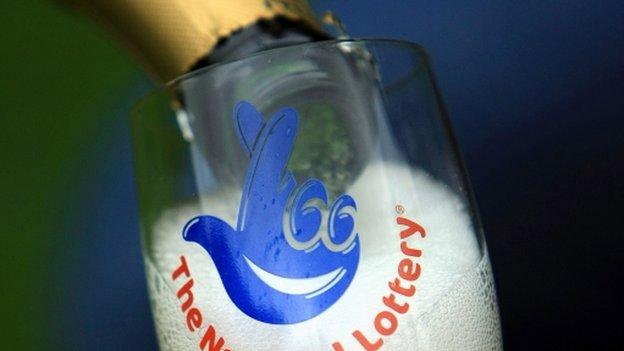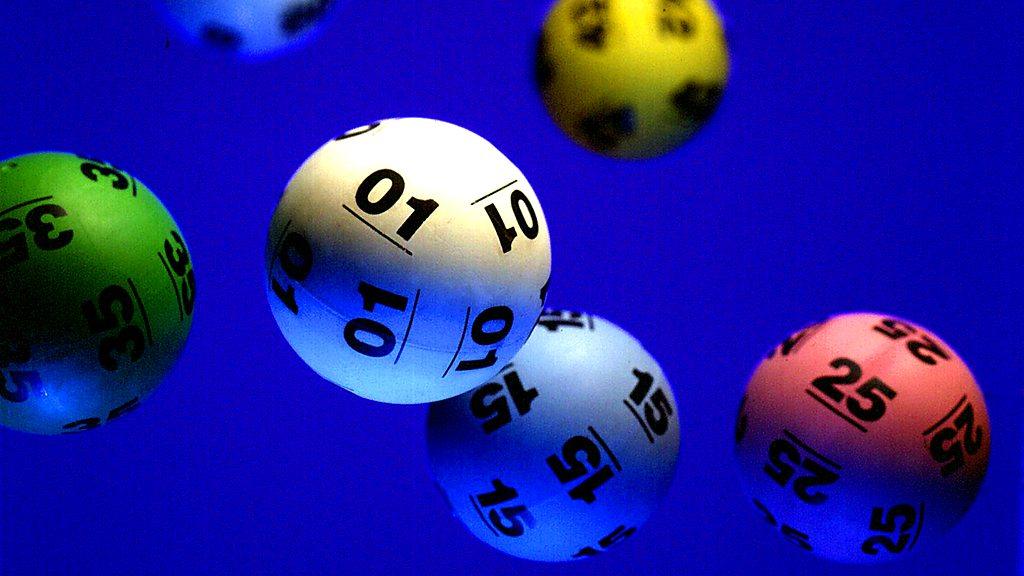Camelot: Lotto changes 'will make more millionaires'
- Published

National Lottery operator Camelot is to alter the rules of its Lotto game and says it will give players better odds of becoming a millionaire.
Changes from October include the introduction of a Millionaire's Raffle.
But mathematician David Hodge said that people would be much less likely to win any other cash prize.
This is because under the new rules, the pool of numbers that players have to choose from will increase from 49 to 59.
For example, as it stands, people choose six numbers up to 49, and the odds of winning the Lotto jackpot are just under one in 14 million.
These odds will lengthen to around one in 45 million when the new changes come in.
Increasing the number pool size will roughly halve people's current chance of getting a cash prize - apart from through the Millionaire's Raffle - said Mr Hodge, a lecturer in statistics from the University of Nottingham.
"The chance of winning something monetary is dropping by between 40% and 50%," he told the BBC.
More winners?
Camelot said the new Lotto Millionaire's Raffle "will guarantee at least two millionaires each week in addition to 20 winners of £20,000 in every draw".
Also, under the changes to the rules, players who match two numbers will win a Lucky Dip ticket for a future draw.
Camelot said this will create an "extra 1.8 million winners each week".
But Mr Hodge said that it was just the chance of having another go at the game that would increase, rather than winning a cash prize.
"Now the vast majority of your 'wins' are just winning another ticket for next week - which is just shy of a 10% chance. Sure, winning another ticket does give you another chance to win next week, but it doesn't come close to the almost halved chance each time of winning £25," he said.
However, he added that people played Lotto for different reasons.
If people played with the aim of giving money to charity, or simply for the fun of playing, they would be more likely to like the new rules, he said.
- Published16 June 2015

- Published15 June 2015
